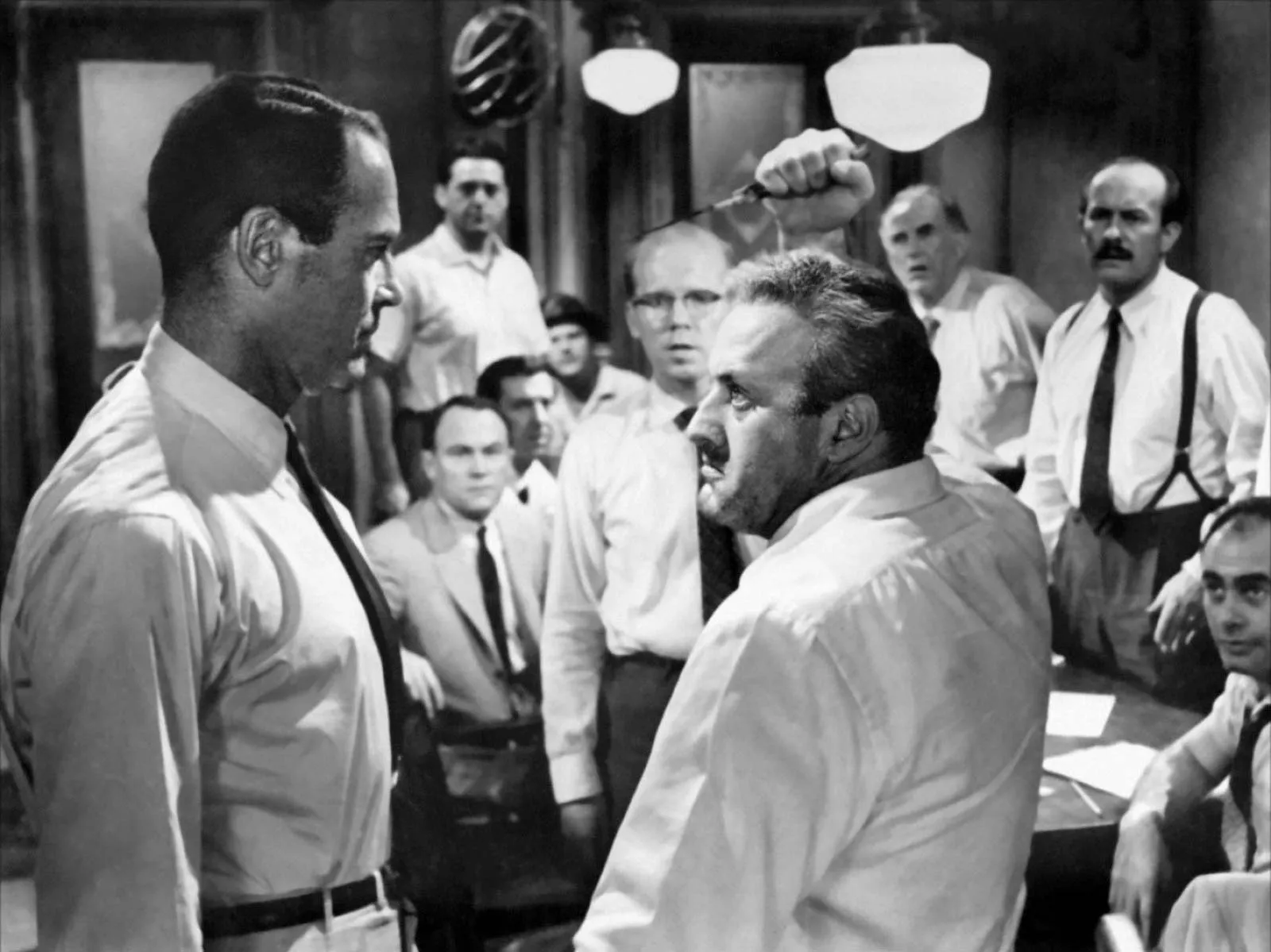The Family Chao by Lan Samantha Chang
It’s a fun coincidence that I’ve found two great books by authors with the same first name and last initial back to back. Usually I don’t actively look for literature from my own background, but this book was at the end of its row on the bookshelf and also right at my eye level (only the fourth level haha). My library uses these hollow wireframe bookends that let you see the full cover of the last book in the row. This book’s cover pops out with the title in huge font and fiery colors against a backdrop of dark crimson, with scarlet flowers embossed at its corners. In Chinese culture, shades of red represent fu, a word that at once entails happiness, well-being, and fortune. For the family that this book surrounds however, fu is distinctively lacking.

The Family Chao consists of the father Leo, the mother Winnie, and three sons: Dagou, Ming, and James. On paper, this is a model family—the parents tend to a family restaurant business while the sons are off in all spokes of life working jobs, or for the youngest, still attending college. But from the start there is something wrong in this family, and it only gets worse onwards. We learn that father Leo drove Winnie to become a nun at the local Buddhist temple, for the same reasons the entire town is embarrassed by him, the same reasons that the eldest son holds a burning hatred towards him, the same reasons the second son escaped him, his town, his culture.
And then Leo is found dead, succumbing to hypothermia from being locked in the restaurant’s freezer room basement. The obvious suspect is the elder son Dagou, and what follows is a nasty trial which will unravel decade-old secrets while simultaneously creating new ones.
There is no concrete evidence to indict Dagou, so his fate will be decided by the jury on the basis of reasonable doubt. I am reminded of an ancient drama I watched for social studies class titled 12 Angry Men, in which a jury must also decide the fate of a young man charged with murder. The decision of the jury in both these cases would either save or ruin the life of the accused.

The plot runs much deeper than what is initially let on, and in the end there are some things which the law cannot account for. The law only sees a murder case that would be resolved if it could convict someone, and justice lies in the correctness of the conviction. However, the novel reveals and invites us to consider so many other factors behind the case that by the end it is ambiguous what the right outcome would be.
The novel is as humorous as the plot line makes it gloomy, although much of the humor is invoked as that natural reaction against something uncomfortable. I must have exhaled in uneasy amusement nearly a dozen times throughout the novel. I could not believe what I was reading—a rumor about dog meat served at the restaurant, a passionate monologue deprecating himself and his own kind spoken in third person by the second brother, a children’s tale about five Chinese brothers who all looked exactly alike. Heck, the Chao brothers are literally nicknamed “The Brothers Karamajong” in a twisted nod to Dostoevsky, whose themes on law, free will, patricide, and guilt all find themselves expressed through the brothers.
The first brother is impulsive, emotional, and hot-headed. Without any context it is easy to scorn him, but as Ming, the second brother, observes, he couldn’t have helped it.
Ming has a brilliant analytical mind which enables him to see and understand cause and effect more than his carefree older brother and his naive younger brother James. In a dramatic retrospective on the family dictated to James, he breaks down their story: living under a despicable father, growing up marked different, unbelonging, persevering through all of this with varying degrees of success. Yet with his piercing logic he is blind when it comes to himself, something that speaking in third person can’t help. He wants to believe that he has everything figured out—he is affluent, he selects his appearance carefully, he tracks his carbs and eats salads—what an ideal American businessman. But of course all of this is a front to distract from something he can’t bear, and it will take something major for him to see this.
James is perhaps the least tormented of the family. The youngest one, he has not yet been beaten down by the circumstances of life, as Dagou has, or riddled with cynicism, as Ming has. His meekness protects him from the sort of trouble that his big brother gets into, while his fully American upbringing protected him from the identity crisis that Ming suffers. His future is indeterminate; he has the potential to fly the highest of highs, but nothing will prevent him from dropping to the lowest of lows.
This was an amazing novel. The entertainment factor was a lot more than I usually expect, but there are also very serious and melancholic moments. Also, I will say, it does contain some very direct language, but at this point I’ve picked up enough books from the (not young adult) fiction section of the library to not be as shocked.